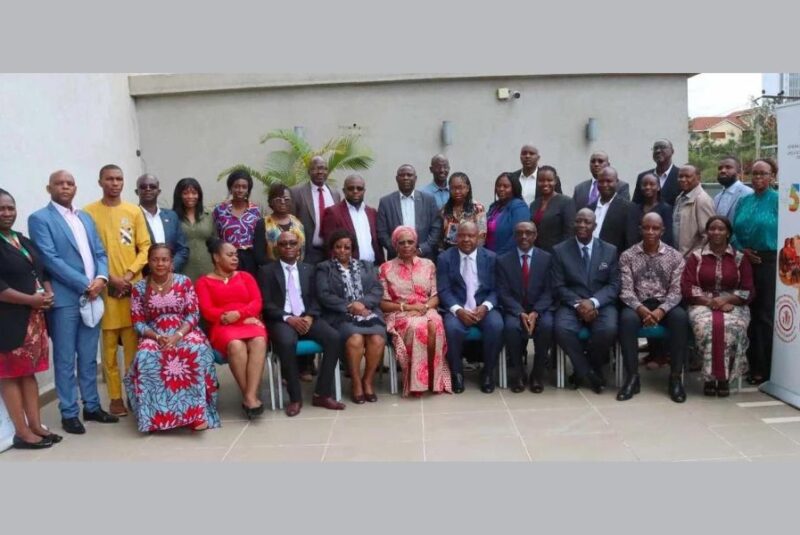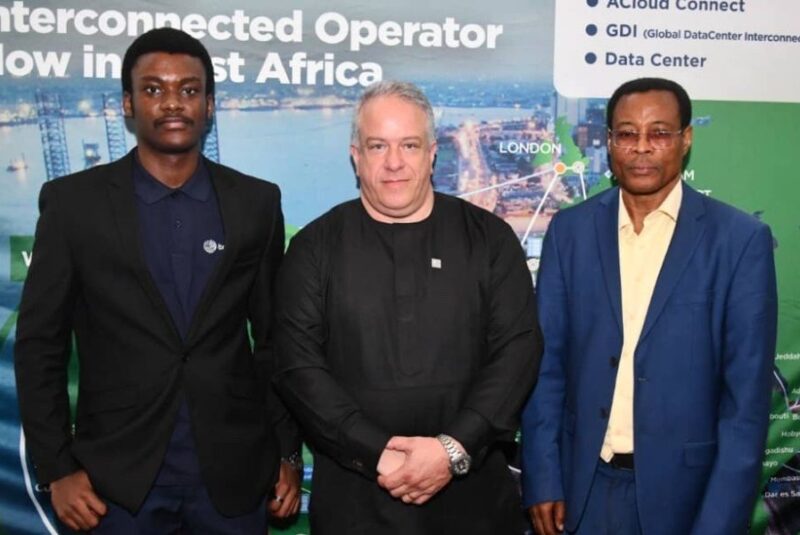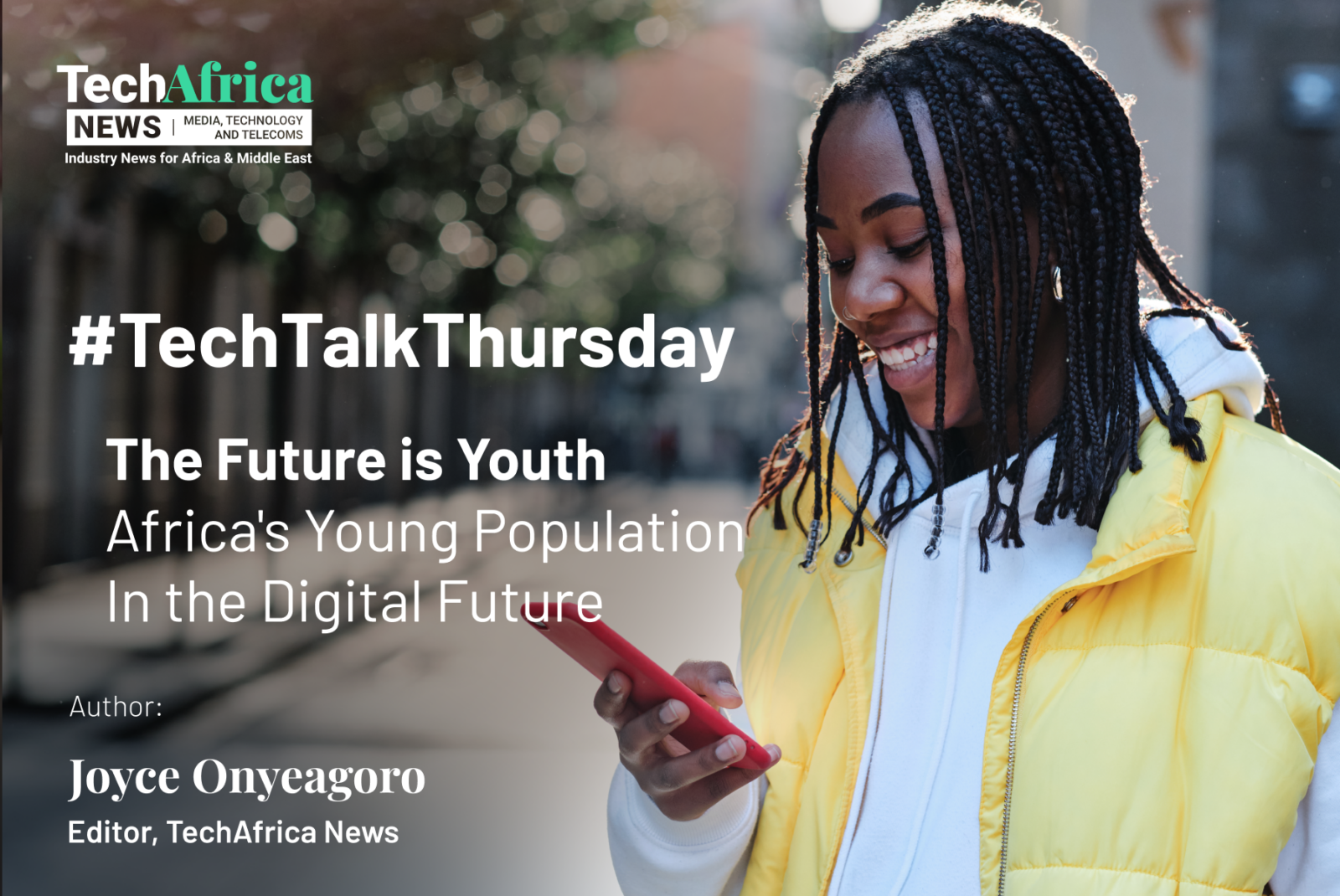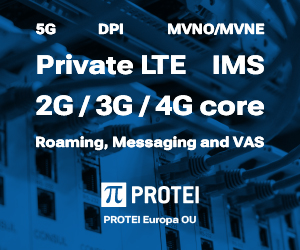Nokia has announced the results of its new research report, the Nokia MEA Mobile Broadband Index, which provides a comprehensive overview of the MEA region’s mobile broadband landscape. The in-depth report highlights the steady growth of 5G in the Middle East and Africa region (MEA) as well as its impact on digital transformation. It confirms that the Middle East is far ahead of Africa in terms of 5G adoption, while many operators in Africa are still developing their business models around 4G. Voice traffic still relies on 2G and 3G networks in many parts of the region.
5G is forecast to increase steadily and will contribute to the growth of the mobile broadband subscriber base, which is expected to grow with a CAGR of six percent in MEA. According to the report, 4G networks in MEA account for 79 percent of overall data traffic today, and by 2027, 4G and 5G will together account for 90 percent of data traffic. In the same year, 4G subscribers will reach 1,214 million (53 percent of total subscribers) whereas 5G adoption is estimated to reach 380 million subscribers (17 percent of total). Yearly ARPU is estimated to increase at USD$3.4 in 2027, and total data traffic is expected to increase at a CAGR of 32 percent from 2022 to 2027.
The report shows that in the Gulf Cooperation Council (GCC) region, 5G adoption is the fastest, and 5G subscribers are expected to reach 75 percent by 2027, mainly driven by Saudi Arabia. In non-GCC Middle Eastern countries and in Africa, 4G will continue to expand and remain dominant until 2027, while 5G deployment is at nascent stage today and poised to gain more and more momentum over the next years.
As the report confirms, 5G Fixed Wireless Access (FWA) in the GCC countries and 4G FWA in the rest of the MEA region are one of the most attractive use cases, with a significant opportunity for operators to drive incremental revenues. Furthermore, 5G networks are more energy efficient than previous radio network generations, helping operators reach their sustainability targets.
MEA is a diverse region with many countries at different stages of development and that is reflected in our report. Data consumption with high-speed networks is increasing exponentially across the MEA market in both urban and rural areas. Reliable 4G and 5G networks are critical for bridging the digital divide in the region, in addition to supporting data-intensive applications for communities and businesses. Nokia is helping both operators and enterprises unlock new opportunities with 5G, building the evolution towards future technologies that will enable enhanced experiences such as the Metaverse.”










